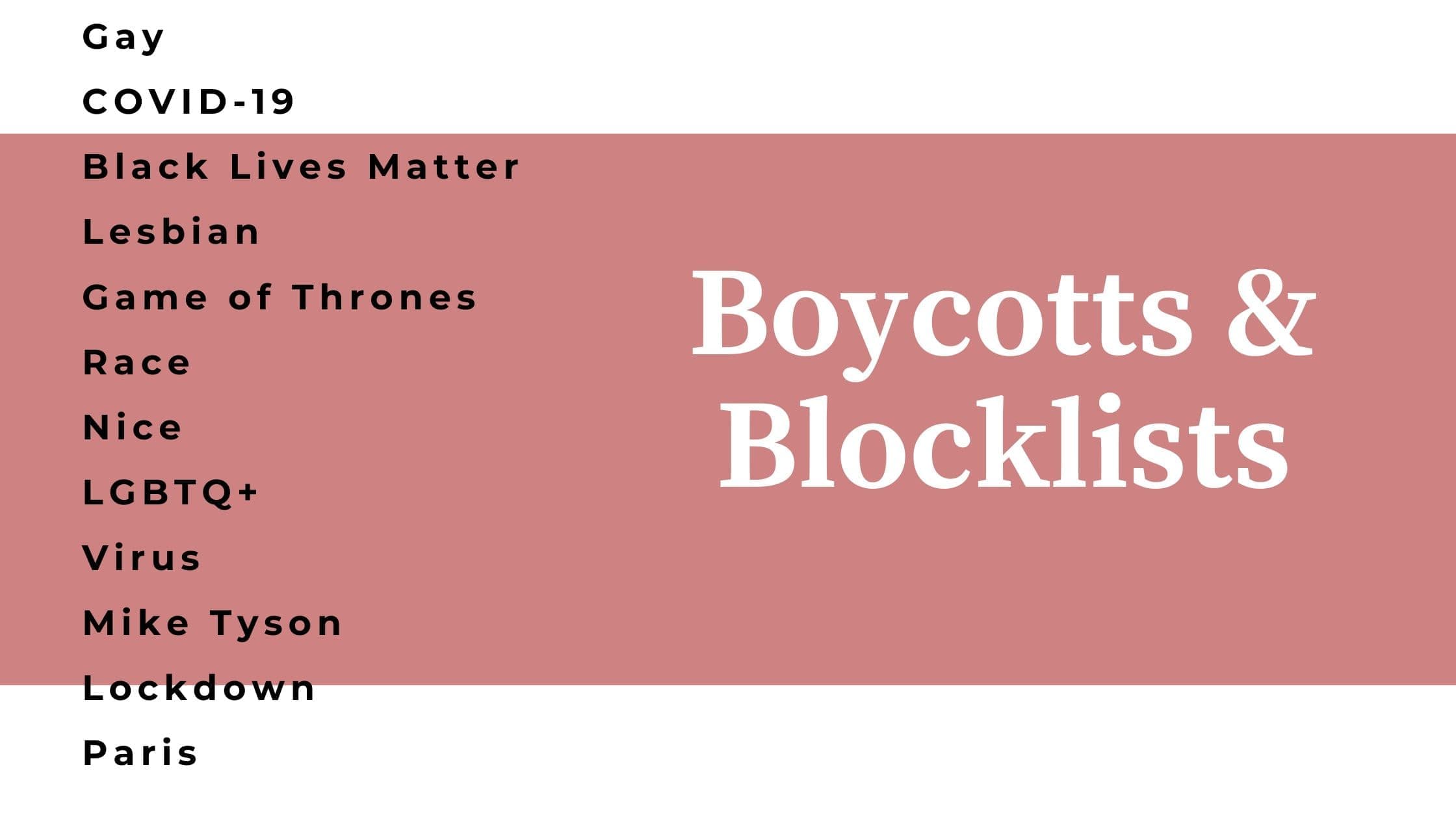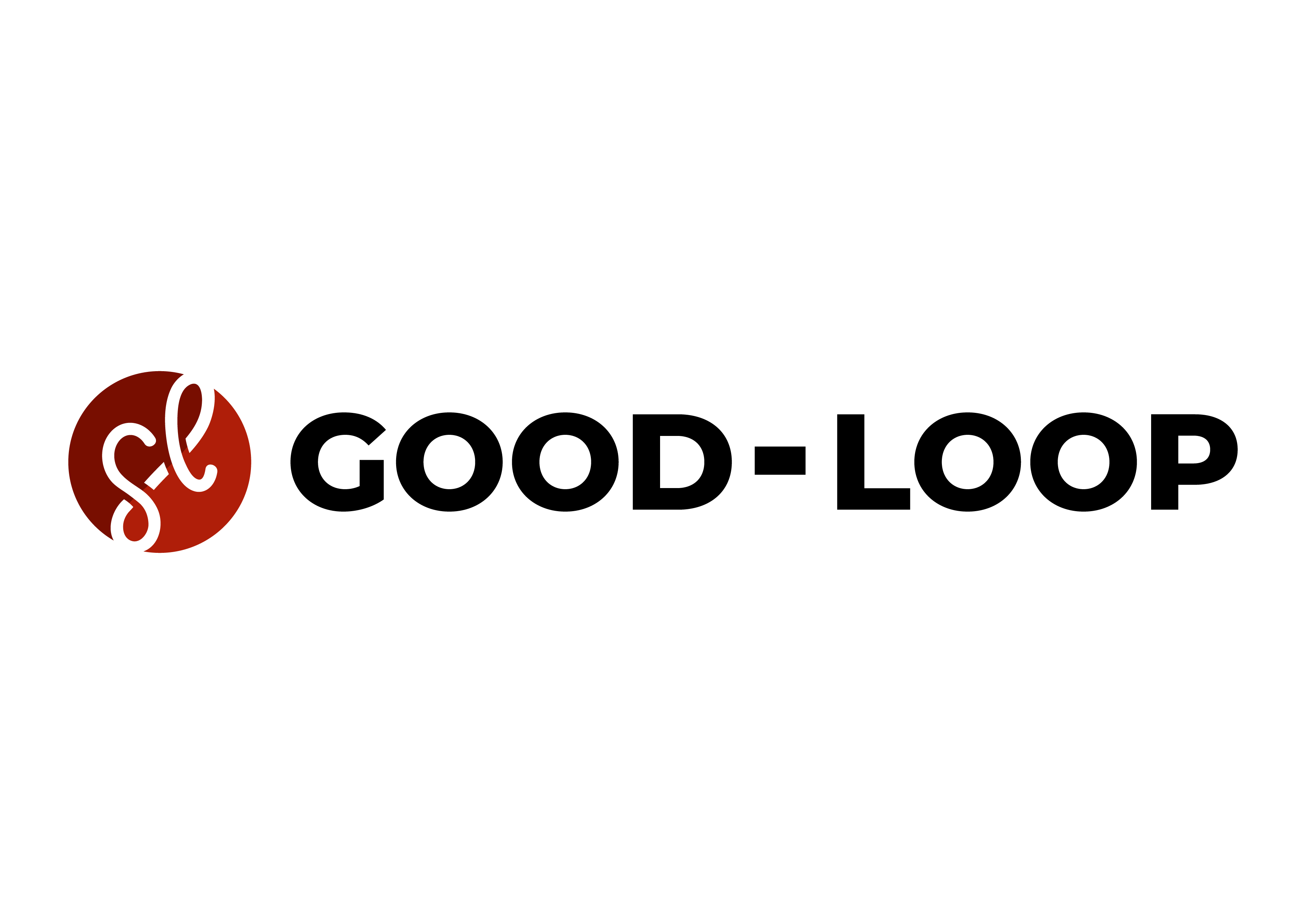
The pause in March of virtually all ad-budgets globally has pushed some to the edge whilst others have been able to flourish.
At Good-Loop, we've been able to pivot to activating campaigns in 3 days. Upfronting the donations generated so that we don't have to wait for invoices to be paid, ensuring that money gets to those on the frontline tackling Covid-19 (care homes, food banks, women's refuges, medical research, etc) when it's needed, not 3 months after a campaign has ended. Many homecare brands, who have experienced record-breaking sales, are now asking how they can use this growth to support local and international aid efforts, conscious of not appearing to be profiteering.
By April and May the industry moved on from the original reticence to advertise, it adapted, replacing slick creatives with shaky user-generated montage footage, overlaid with a sombre piano soundtrack, and had started to cautiously come out of the woodwork again.
However, for every brilliantly empathetic "we're all in this together" campaign message, how many of those campaigns came with an over-zealous keyword blocklist, featuring "Covid-19, Coronavirus, Wuhan" etc? And how many news brands now find themselves with the impossible challenge of monetising ALL THESE EYEBALLS?
An IAS Consent-adjacency study revealed that brands do not suffer negative brand perceptions if they advertise in a sensitive manner on quality news sites around the very content they've been able to build a new campaign message from. These blocklists are temporary fixes. They are a makeshift, make-do tool, that yes allow a campaign to deliver it's performance KPIs but absolutely do not help to build brand equity.
As Covid-19 creatives began to become tiresome (looking at you Microsoft Teams!), June brought with it the continuation of the civil rights issue of our lifetime, Black Lives Matter, a plea for equality for all, not some. A global lockdown, where the vast inequalities in our local communities have been exposed and our reliance on workers employed on zero-hours contracts to deliver all our online purchases (according to Mindshare's The New Normal rolling study, 1 in 3 shopped online prior to lockdown and this has now grown to 1 in 2) has perhaps made some of us think very deeply on why the movement matters to us personally, not just in how we raise our children, interact with our neighbours or how we recruit, but also the impact on where we work (even if it is, for now, a shonky corner desk facing a wall, that definitely needs repainting). Without our daily commutes, some of us have been able to read more extensively and sit with the discomfort and outrage, determined to make what we can, fairer, more equal and more honest.
So imagine my distinct lack of surprise when I learnt that once again blocklists were being deployed to prevent advertisers, the very advertisers that had posted black squares on their corporate Instagram accounts, that had shown their receipts with the #pullupforchange campaign, designed to expose inequalities in the boardroom and on the shop floor, and had donated vast sums of money to community-based projects, all these brilliant ideas and actions... have essentially been boycotted too.
Their ad agencies and brand safety partners had added BLM, Black Live Matter, George Floyd, Breanna Taylor, Minneapolis, Defund the Police to their makeshift, temporary fix tools, Vice even had to go public with their plea to stop the practice.
You don't get anything for free in this world, but journalism matters now more than ever and free access has never been more important. Newsbrands are a vital part of a functioning democracy, without painstaking research, without fact-checkers, without elucidating opinion pieces, the next year/decade/century will be punctuated by many more social injustices - just no-one will be there to tell us the truth.
It is both possible to advertise sensitively and cost-efficiently if you do it smartly. For the brands currently swept up in ensuring they're doing the right thing by boycotting Facebook, and with huge job cuts announced this week at The Guardian and Reach Plc, now would be a really good time to consider where those billions get reallocated.

